US-based Jewish leader: Divisions tearing Israel apart
A Jewish leader has expressed concern over the growing division in Tel Aviv, particularly caused by the Israeli regime’s judicial overhaul, which will give absolute power to the most far-right coalition in the regime’s history.
William Daroff, chief executive of the Conference of Presidents of Major American Jewish Organizations (CoP), told The Times of Israel that the Israeli regime is being torn apart by political issues.
“I think there is a crisis of divisiveness here in Israel. There have been five elections of divisiveness,” said the head of CoP, which represents dozens of US Jewish groups.
Daroff, who is known for his reluctance to publicly weigh in on controversial issues, said the crisis of divisiveness is not only limited to Israel, pointing out that the US is also witnessing the same situation.
“There’s a crisis of divisiveness, of not finding consensus, of political issues being weaponized into something more than they should be. That is of great concern,” Daroff told The Times of Israel.
Early in January, Benjamin Netanyahu’s justice minister unveiled the new regime’s long-promised overhaul of the judicial system, by introducing a series of changes aimed at curbing the powers of the judiciary, including allowing lawmakers to pass laws that the high court has struck down and in effect deemed unconstitutional.
Massive demonstration began on January 7 against the coalition’s plans for the sweeping changes. Since then, tens of thousands of Israeli settlers have been attending weekly Saturday night protests, accusing the coalition of planning a “constitutional coup”.
Netanyahu is accused of trying to effect the changes as means of fighting off a set of corruption charges he was slapped with during the twilight of his previous mandate as premier in 2019.
He has dismissed the protests as a refusal by his leftist opponents to accept the results of last November's elections, which gave him the right to announce the cabinet. He has rather claimed the judicial reforms are needed to hamstring what he has calls "activist judges," who could stand up to the regime's decisions.
Diplomat discourages recourse to pressure, intimidation, confrontation against Iran
UN: 2024 deadliest year for aid workers amid genocide in Gaza
Gaza health official warns of hospital shutdowns within 48 hours
Israel kills 5 more paramedics in southern Lebanon: Health ministry
Iran to launch ‘new, advanced’ centrifuges in response to IAEA resolution: AEOI
Yemen fires hypersonic missile at Israeli airbase
VIDEO | New Delhi chokes under toxic smog as air quality remains at hazardous levels
VIDEO | Press TV's news headlines


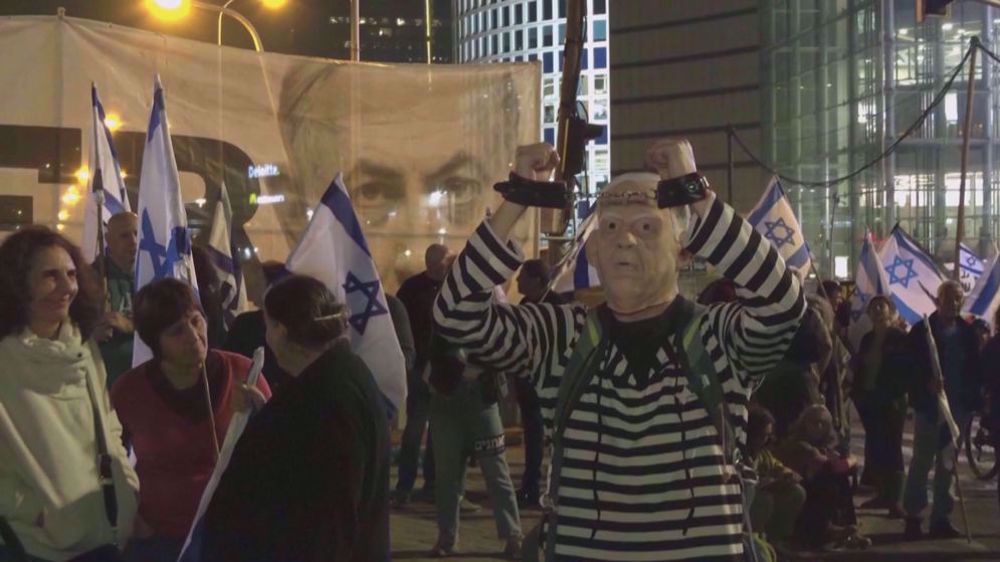
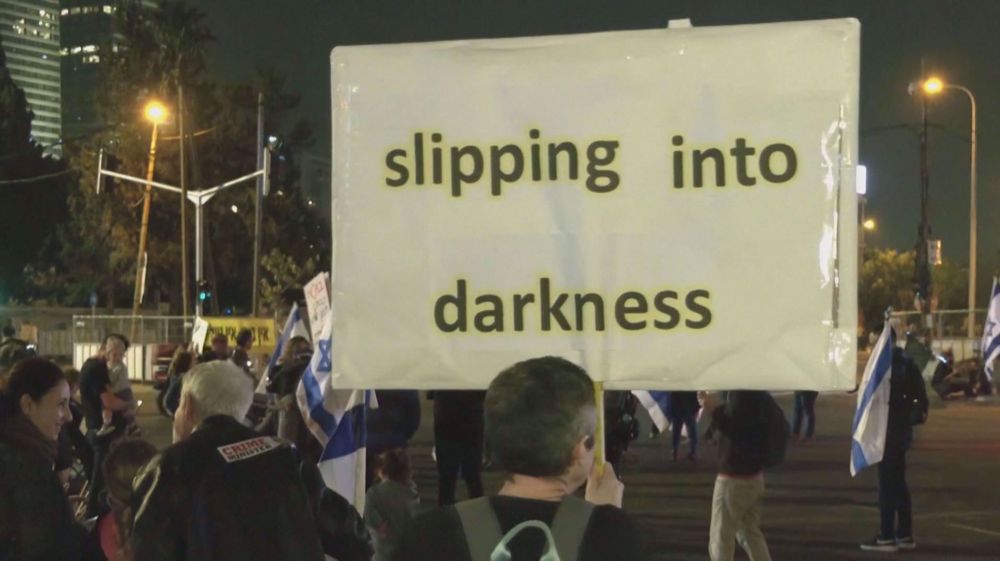
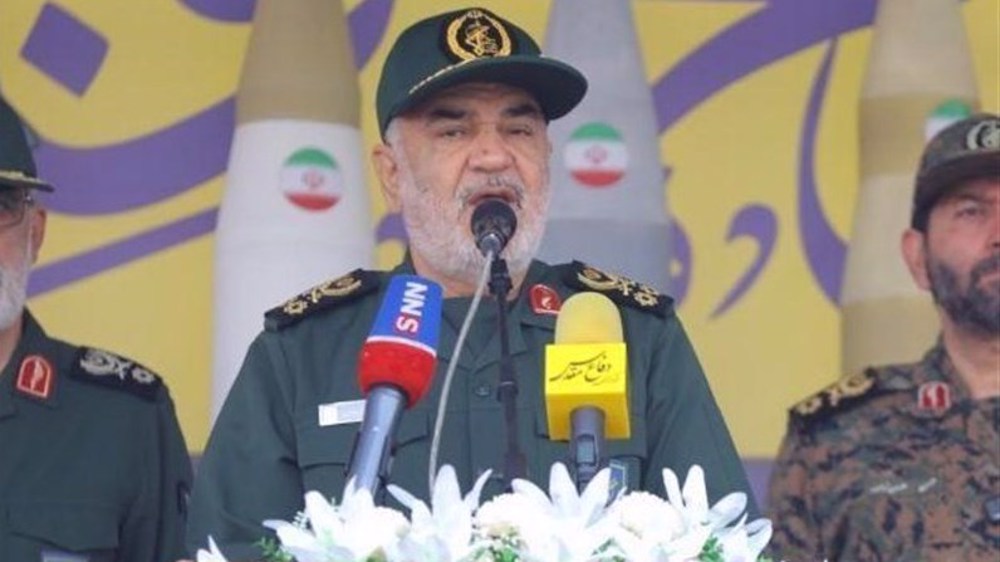
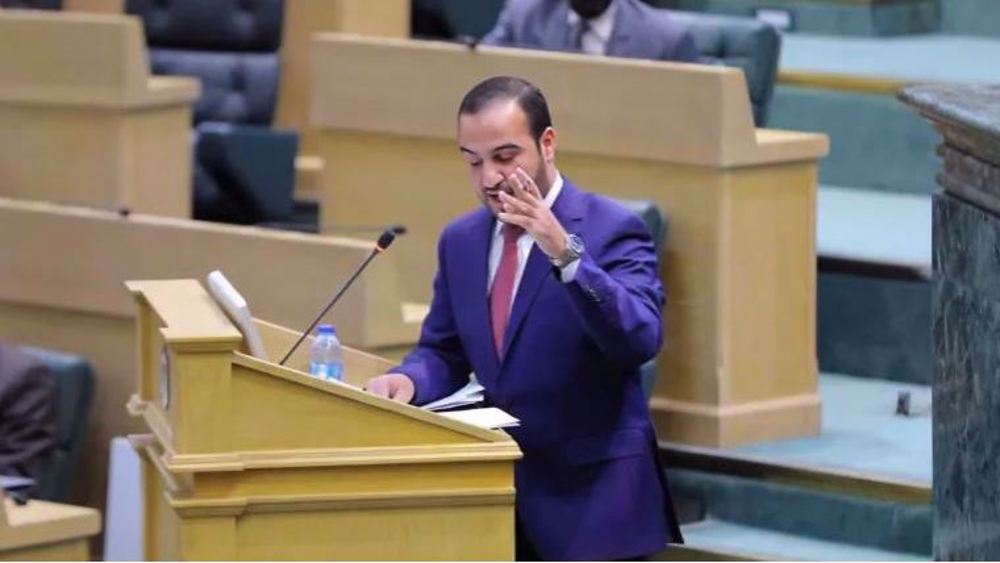
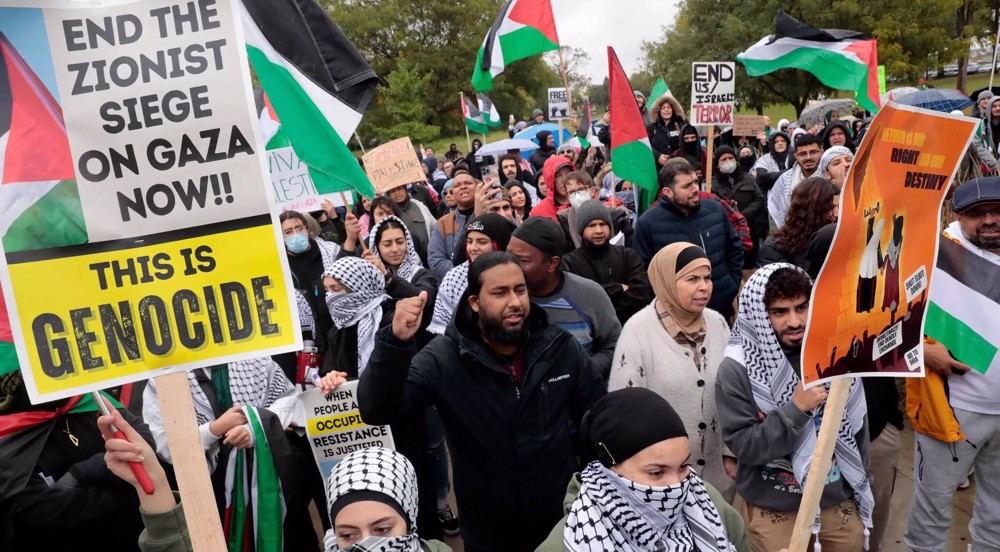




 This makes it easy to access the Press TV website
This makes it easy to access the Press TV website